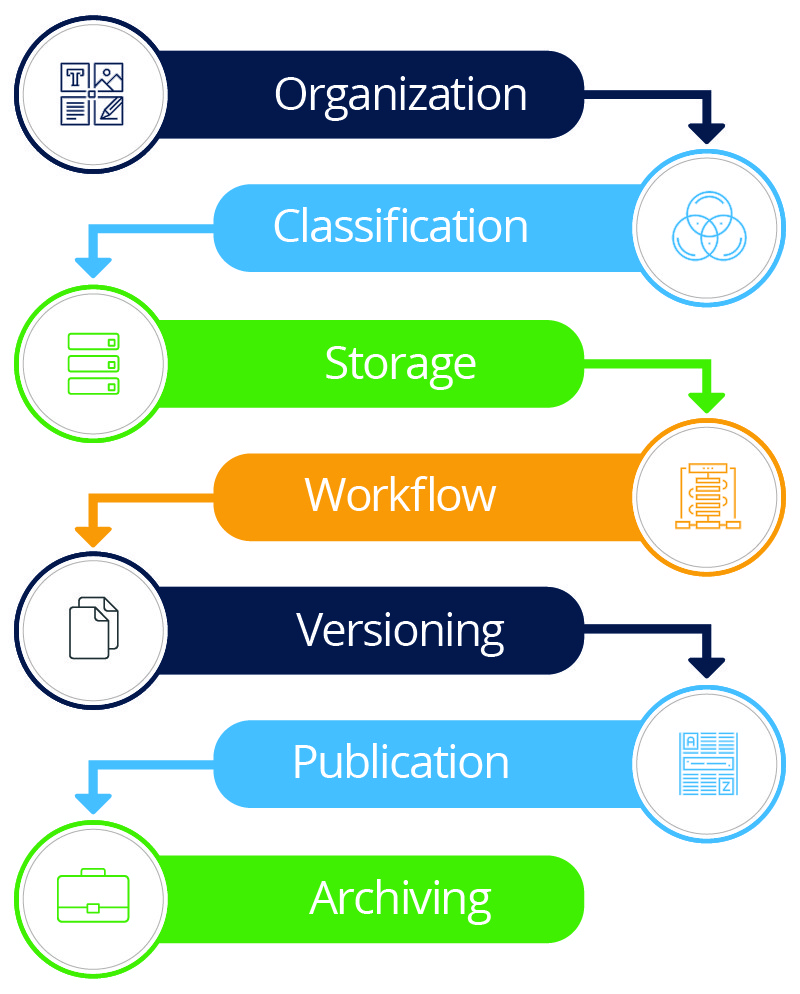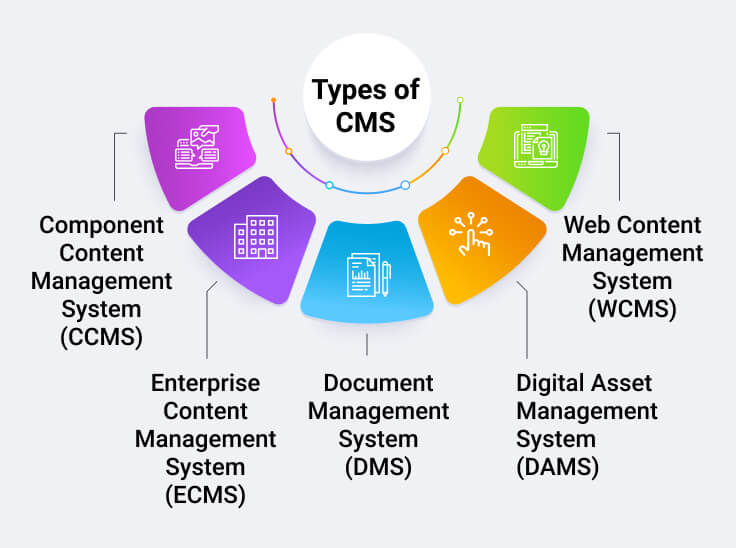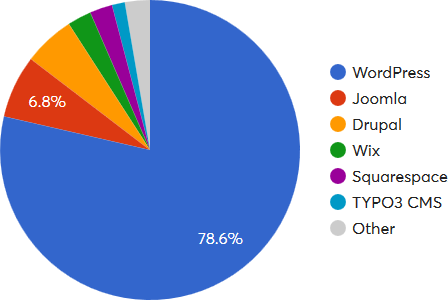In the digital age we live in, effective content management is essential for both individuals and businesses. Corporate websites, personal blogs, and e-commerce platforms need to have blogs, and e-commerce platforms to have a coordinated system of organization, publication, and updating of content.
CMS has arisen as a powerful tool that empowers users to create quickly, alter, and oversee digital content without requiring technical expertise. This article explores the world of content management systems, their numerous benefits, and how they are revolutionizing the way we interact with online content.
Page Contents:
What is Content Management System?
Content Management Systems are software applications designed to simplify content creation and management processes. These web-based platforms provide user-friendly interfaces that empower individuals with little to no technical knowledge to create, edit, and publish content effortlessly. Acting as centralized hubs, CMS platforms streamline content storage, collaboration, and distribution, serving as the backbone of effective content management.
Benefits of Content Management System
Seamless Content Creation and Editing: CMS platforms offer intuitive content creation tools, allowing users to visually design and edit content in a “What You See Is What You Get” (WYSIWYG) manner. This eliminates the need for coding or technical skills, granting individuals complete control over their content.
Centralized Content Storage: CMS platforms store all content in a centralized repository, simplifying the organization and retrieval of information. This ensures consistent branding and messaging across multiple channels, facilitates content updates and supports content repurposing.
Enhanced Workflow and Collaboration: CMS platforms incorporate features that streamline collaboration among team members. Multiple users can work simultaneously on different sections of a website, while content goes through systematic workflows for review, approval, and publishing. This promotes productivity, reduces errors, and fosters seamless teamwork.
Customization and Scalability: Content Management Systems offer a wide array of templates, themes, and plugins, empowering users to customize the look and functionality of their websites or applications. Furthermore, CMS platforms are designed to handle high volumes of content and traffic, making them scalable solutions for businesses of all sizes.
Search Engine Optimization (SEO) and Analytics: Many CMS platforms provide built-in SEO tools to optimize content for search engines, improving website visibility and attracting organic traffic. Additionally, CMS platforms often integrate with analytics tools, delivering valuable insights into content performance, user behavior, and engagement metrics.
Popular Content Management Systems
Several CMS platforms have gained widespread popularity due to their user-friendly interfaces and robust features. Let’s explore some of the most notable options:
WordPress: With over 40% of all websites on the internet powered by WordPress, it is the leading CMS. Its vast selection of themes and plugins makes it highly customizable and adaptable to various needs.
Drupal: Drupal is a flexible CMS known for its robust security features and scalability. It is a preferred choice for building complex, enterprise-level websites.
Joomla: Joomla is a user-friendly CMS suitable for beginners and experienced developers alike. It strikes a balance between ease of use and customization options.
Shopify: Although primarily an e-commerce platform, Shopify includes powerful content management capabilities, making it a popular choice for online retailers.
The Future of Content Management Systems
As technology progresses, content management systems will be increasingly necessary for constructing the digital landscape. It is expected that recent developments in artificial intelligence, voice-activated interfaces, and personalized content delivery will further enhance the functionality and user experience of CMS platforms.
Content Management Systems have revolutionized the way we create, manage, and publish digital content. CMS platforms have become essential tools for empowering individuals to construct personal blogs and for enabling businesses to craft engaging digital experiences. With their user-friendly interfaces, scalability, and customization options, CMS platforms will continue to drive innovation and transform the way we interact with online content, ultimately enhancing our digital experiences.


